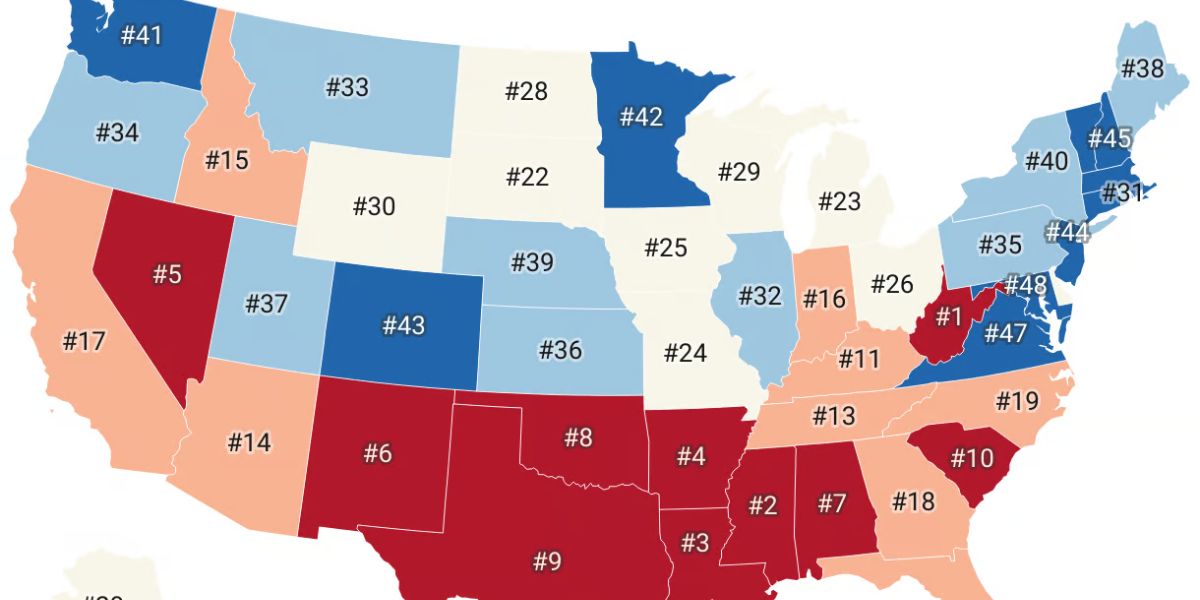Same-sex marriage has been a significant legal and social issue in the United States for decades. Illinois, a state known for its progressive stance on many social issues, made headlines in 2013 when it legalized same-sex marriage.
But how did this come to be, and what is the current legal landscape surrounding same-sex marriage in Illinois? This article takes a deep dive into the history, legal milestones, and significance of same-sex marriage in the state, providing a comprehensive understanding of how the law evolved and where it stands today.
The Road to Same-Sex Marriage Legalization in Illinois
Illinois played a pivotal role in the nationwide movement for same-sex marriage equality. The journey to legalizing same-sex marriage in the state was both complex and emotional, marked by protests, legal battles, and advocacy efforts from LGBTQ+ activists and allies. The state’s fight for equality reflected broader societal changes and the growing acceptance of same-sex couples across the nation.
Early Struggles and Civil Unions
Before same-sex marriage was legalized, Illinois took a significant step forward by recognizing civil unions. In 2011, the Illinois General Assembly passed the Illinois Religious Freedom Protection and Civil Unions Act, which went into effect on June 1, 2011.
This law allowed same-sex couples to enter into civil unions, granting them many of the same legal rights and protections as married couples, such as inheritance rights, access to health care, and legal recognition of their partnership.
While civil unions were a positive development, they fell short of providing full marriage equality, as same-sex couples could not enjoy the full legal and social benefits of marriage, including federal rights such as tax benefits and Social Security survivor benefits.
The Fight for Marriage Equality
Following the passage of civil unions, LGBTQ+ activists and their allies turned their focus to full marriage equality. Illinois became one of the key battleground states in the fight for same-sex marriage.
Momentum for change gained traction after the U.S. Supreme Court’s landmark ruling in United States v. Windsor in 2013, which struck down the federal Defense of Marriage Act (DOMA), a law that had previously denied federal recognition to same-sex marriages.
In Illinois, public opinion was shifting in favor of same-sex marriage. A 2013 poll showed that 53% of Illinois residents supported legalizing same-sex marriage. This growing support, combined with the momentum from federal rulings, made it clear that marriage equality was inevitable in Illinois. The state’s political leaders, including Governor Pat Quinn and many members of the General Assembly, were vocal in their support for marriage equality.
The Legalization of Same-Sex Marriage in Illinois
On November 5, 2013, Illinois lawmakers voted in favor of legalizing same-sex marriage, making it the 16th state in the U.S. to do so. Governor Pat Quinn signed the bill into law on November 20, 2013, and it officially went into effect on June 1, 2014.
The new law granted same-sex couples the right to marry and enjoy the same legal rights and responsibilities as heterosexual couples, including the ability to file joint taxes, adopt children together, and receive spousal benefits.
The signing of the law was a historic moment in Illinois, celebrated by LGBTQ+ activists and supporters who had fought long and hard for this victory. The law also marked a significant shift in the political climate of the state, with many seeing it as a reflection of Illinois’ growing acceptance of LGBTQ+ individuals and their rights.
Impact and Legal Protections for Same-Sex Couples in Illinois
Since the legalization of same-sex marriage, Illinois has been at the forefront of LGBTQ+ rights, continuing to provide a strong legal framework for the protection of same-sex couples. The state offers a range of legal protections for LGBTQ+ individuals, including non-discrimination laws in housing, employment, and public accommodations.
Additionally, Illinois’ laws ensure that same-sex couples enjoy the same parental rights as heterosexual couples, including the right to adopt children, become legal parents of biological children, and have access to assisted reproductive technologies. The state’s marriage laws also allow same-sex couples to make medical decisions for each other, inherit property, and receive spousal benefits in the event of a partner’s death.
Illinois’ strong legal stance on same-sex marriage and LGBTQ+ rights has made it a welcoming place for same-sex couples, attracting individuals and families from other states with less progressive laws.
The National Landscape: The Impact of Illinois on Same-Sex Marriage
Illinois’ legalization of same-sex marriage in 2013 was an important step in the nationwide fight for marriage equality. While the state’s decision was significant, it was part of a larger wave of states that moved toward marriage equality during this period. Illinois’ progress helped set the stage for the U.S. Supreme Court’s historic ruling in Obergefell v. Hodges in 2015, which legalized same-sex marriage nationwide.
The legalization of same-sex marriage in Illinois demonstrated that a state-level push for marriage equality could be successful, even in regions that had been slow to embrace LGBTQ+ rights. Illinois’ success story became a model for other states in the Midwest and beyond, showing that marriage equality was not only possible but widely supported by the public.
Current Legal Status of Same-Sex Marriage in Illinois
Today, same-sex marriage is fully legal and protected under both Illinois state law and federal law. The state’s marriage laws are aligned with the Supreme Court’s Obergefell decision, ensuring that same-sex couples have the same legal rights and protections as heterosexual couples.
Illinois continues to be a leader in LGBTQ+ rights, and same-sex marriage remains a key part of the state’s commitment to equality and justice. While there may still be challenges facing LGBTQ+ individuals in other parts of the country, Illinois stands as a beacon of progress in the fight for equal rights.
Conclusion
Same-sex marriage is legal in Illinois, and the state has played a crucial role in the nationwide movement toward marriage equality. The journey to legalizing same-sex marriage in Illinois was a long one, marked by years of activism, legal challenges, and growing public support.
Today, Illinois stands as a proud example of how state-level change can contribute to a larger national shift toward equality and acceptance for LGBTQ+ individuals. As the legal landscape continues to evolve, Illinois remains committed to ensuring that all couples, regardless of their sexual orientation, are afforded the same legal rights and protections.




